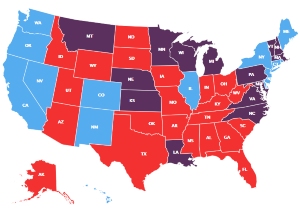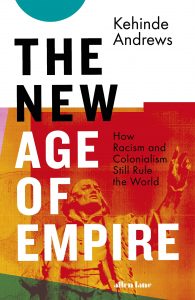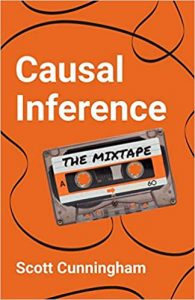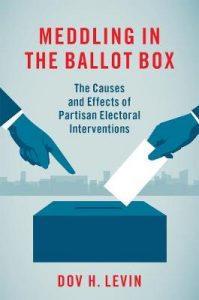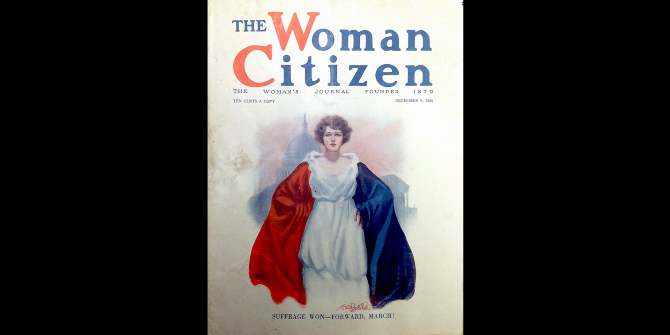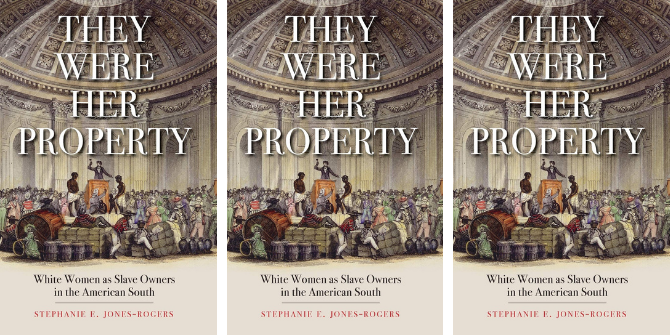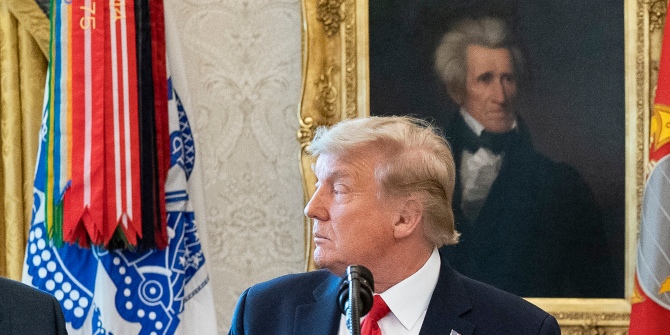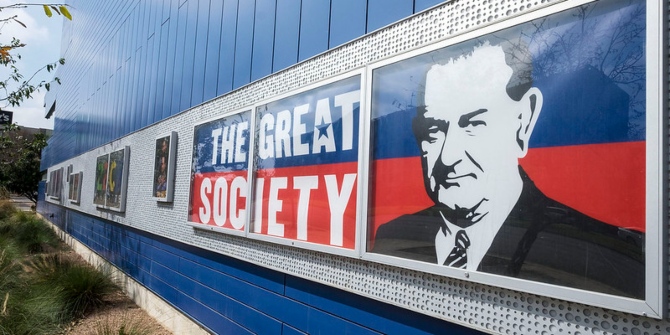State legislators are less likely to respond to constituents who are not white
The election of Donald Trump in 2016 has reignited debates over immigration and race in America. In new research, Micah Gell-Redman, Neil Visalvanich, Charles Crabtree, and Christopher Fariss examine how state legislators respond to minority and immigrant constituents by sending emails to more than 5,000 elected officials in 42 states. They find that Black and Hispanic senders were less […]





